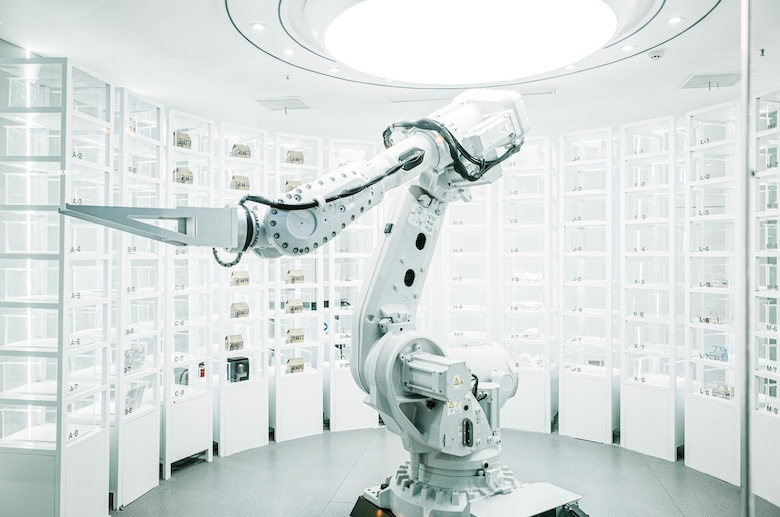
Artificial Intelligence (AI) holds the potential to significantly augment public services by enhancing operational efficiency, service delivery, policy creation, operations, and public safety. Here are several ways AI can revolutionize government and public services:
Service Delivery:
- Routine Task Automation: AI has the capability to automate mundane tasks, thereby liberating human resources for more intricate issues that necessitate human discernment.
- AI-Driven Chatbots and Virtual Assistants: These instruments can offer citizens prompt and precise information on healthcare, education, and social security services.
Policy Formulation:
- Data Analysis: AI can lend a hand in scrutinizing vast data volumes to spot trends and forecast policy decision outcomes, resulting in more enlightened and evidence-based policy creation.
Operations:
- Operational Efficiency: AI has the ability to distribute labor among departments and streamline staffing schedules, thus freeing up employee time and resources for reinvestment in delivering superior service experiences for citizens.
Public Safety:
- Crime Prediction: AI has the capacity to examine historical data to predict crime hotspots, facilitating proactive policing. Disaster response initiatives can also be enhanced through AI predictions.
Potential Value of AI in Public Services:
- Personalized Services: AI can deliver personalized, predictive, and preventive services in sectors like education, transport planning, and firefighting. This leads to improved outcomes and possible economic benefits.
It is imperative for governments to address concerns related to privacy, security, ethical decision-making, and workforce implications when incorporating AI into public services. The establishment of clear guidelines and frameworks is vital for fully leveraging the capabilities of AI while maintaining transparency and accountability.

